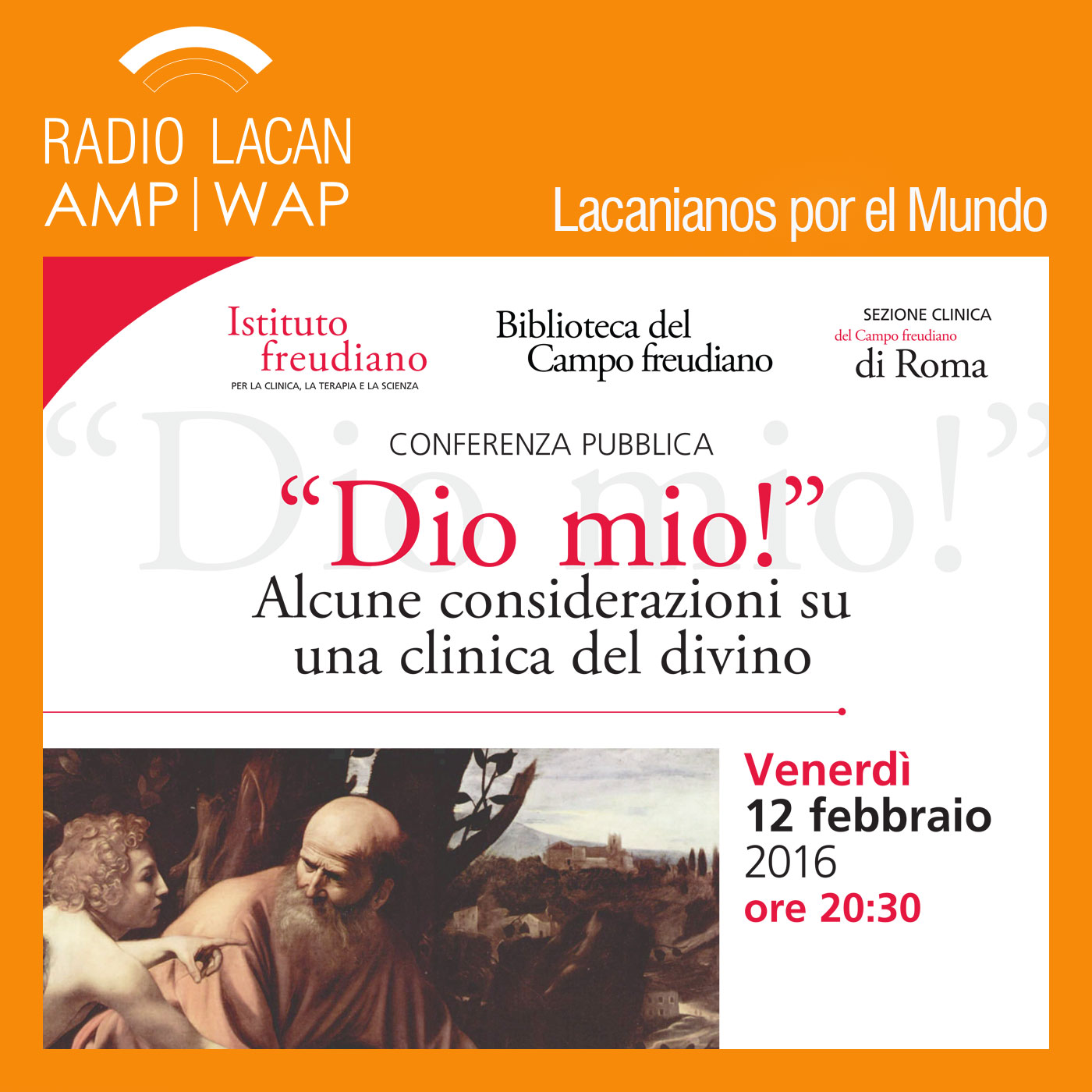 |
CEFREPA TalksAuthor: CEFREPA CNRS Language: en Genres: Science, Social Sciences Contact email: Get it Feed URL: Get it iTunes ID: Get it |
Listen Now...
Nishida Kitaro and Muhammad Abduh: Towards a Theology of Place
Episode 3
Monday, 28 June, 2021
Japanese philosophers of early Showa and late Taisho moved away from Meiji ideals of civilization and enlightenment (bunmei kaika) and by doing so, they transcended the most basic ideas of both modernism and of national salvation. Some of those philosophers developed an explicit philosophical concept of space by transforming a traditional notion of communal space into a sophisticated, processual “time-space development.” Dr. Thorsten Botz-Bornstein finds similar approaches in the work of “Islamic liberalists” of the Arab world that emerged in parallel with the Meiji restoration. The 1870's were the period when national consciousness became articulate in Egypt. In particular, he concentrates on the work of Egyptian religious scholar Muhammad Abduh, whose writings were not only a response to Western imperialism but also an attempt to produce a modern Arab philosophy. Dr. Thorsten Botz-Bornstein was born in Germany, did his undergraduate studies in Paris, and received a Ph.D. in philosophy from Oxford University in 1993. As a postdoctoral researcher based in Finland, he undertook research for four years on Russian formalism in Russia and the Baltic countries. He received a ‘habilitation’ from the EHESS in Paris in 2000. He has also been researching for three years in Japan on the Kyoto School, and worked for the Center of Cognition of Hangzhou University (China) as well as a at Tuskegee University in Alabama. He is now Associate Professor of philosophy at Gulf University for Science and Technology in Kuwait. He has published 15 authored book, 6 edited books, and 120 articles and book chapters.












